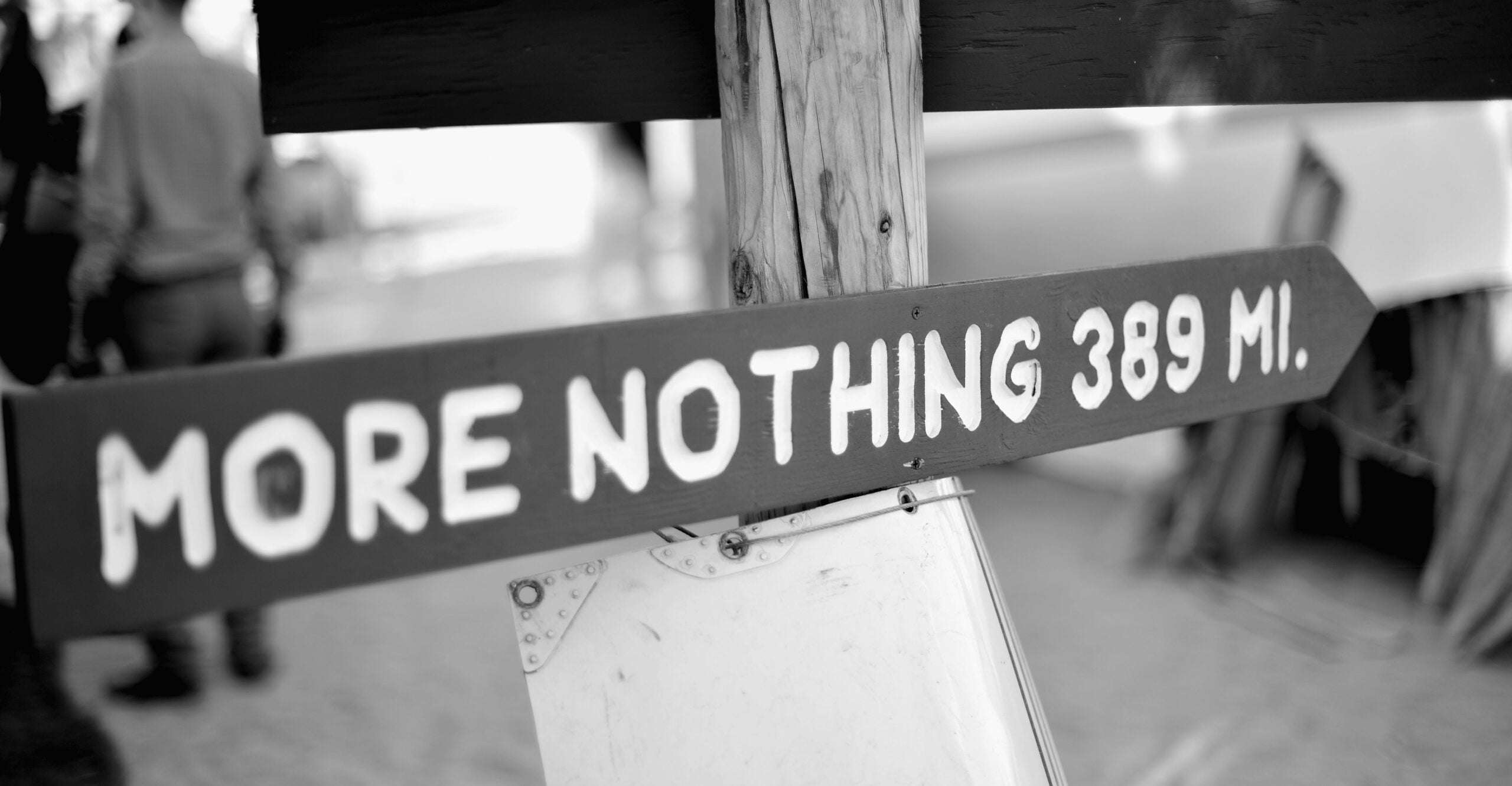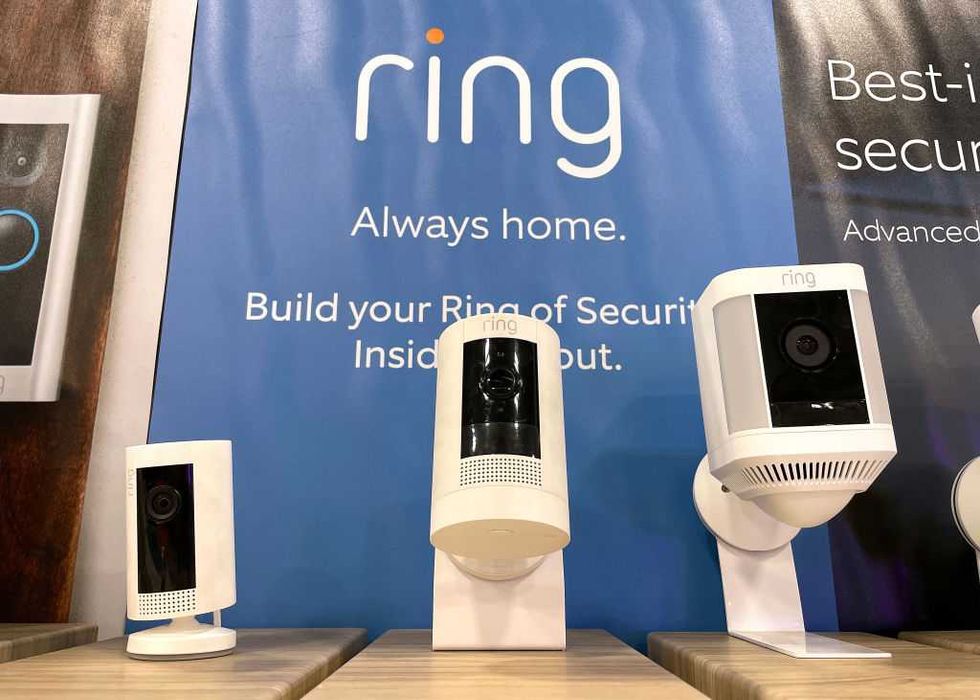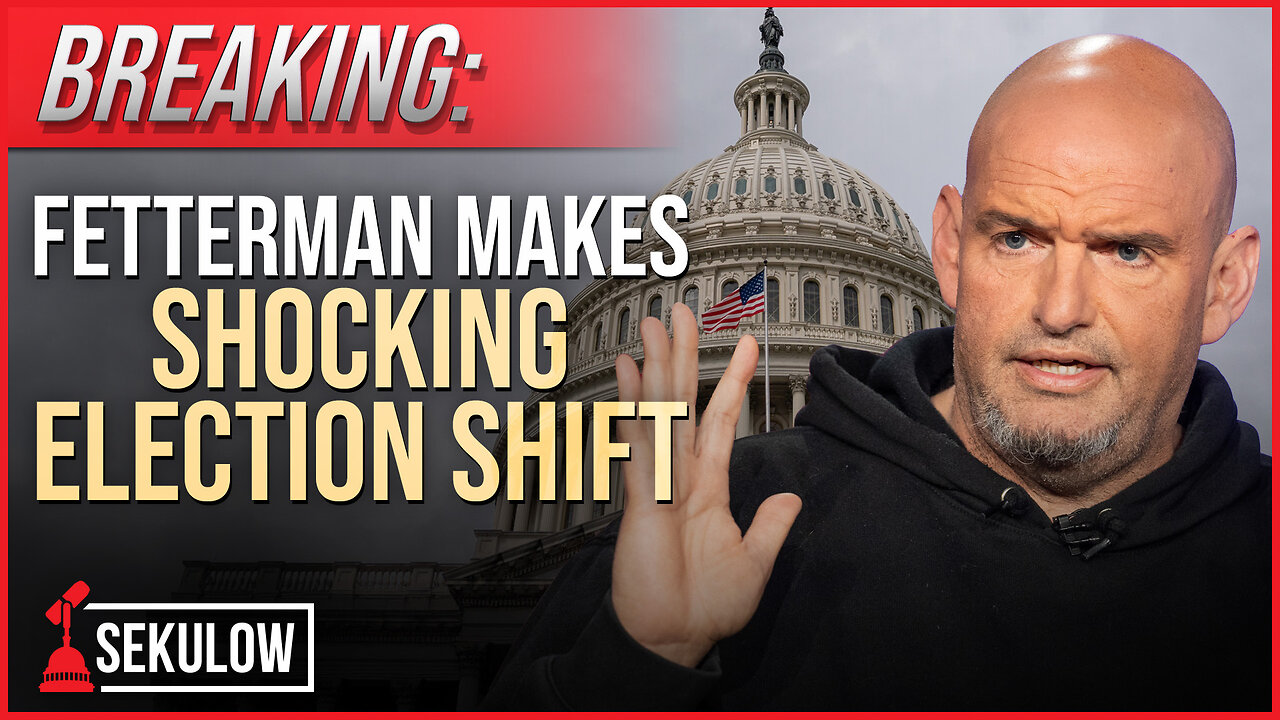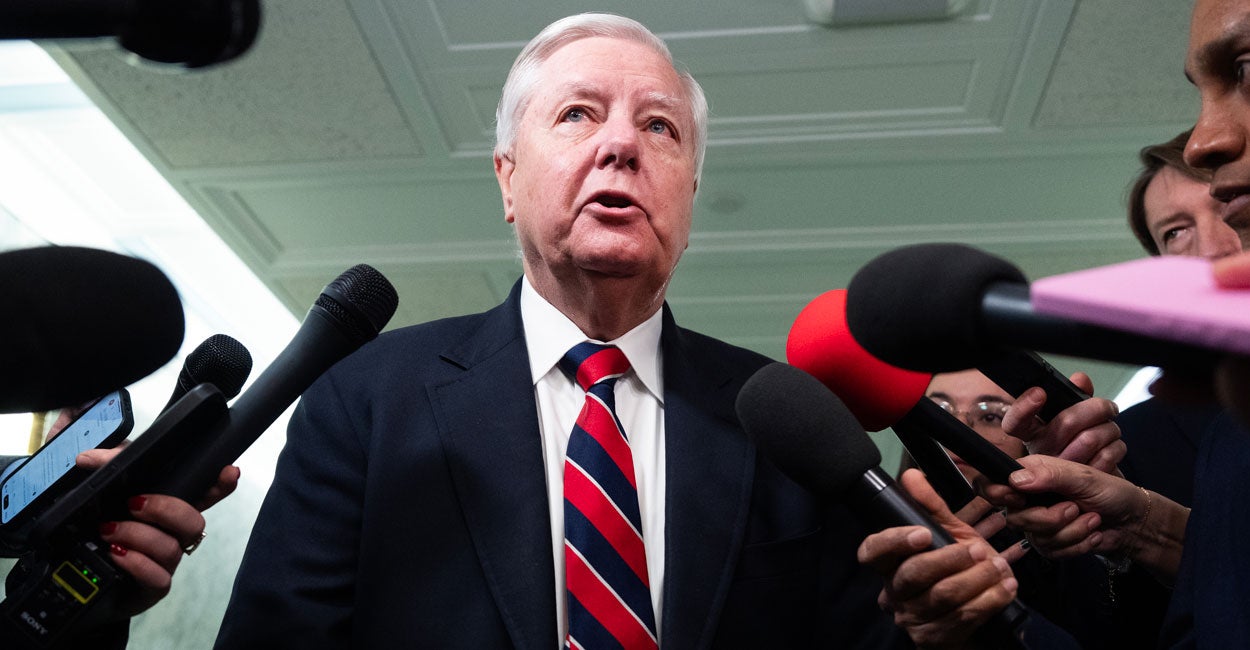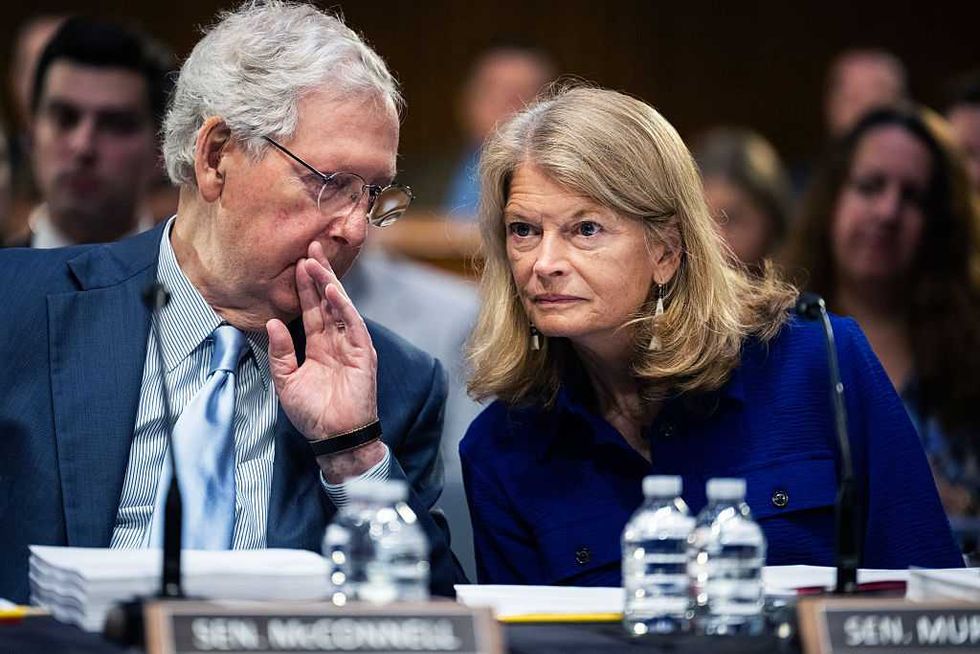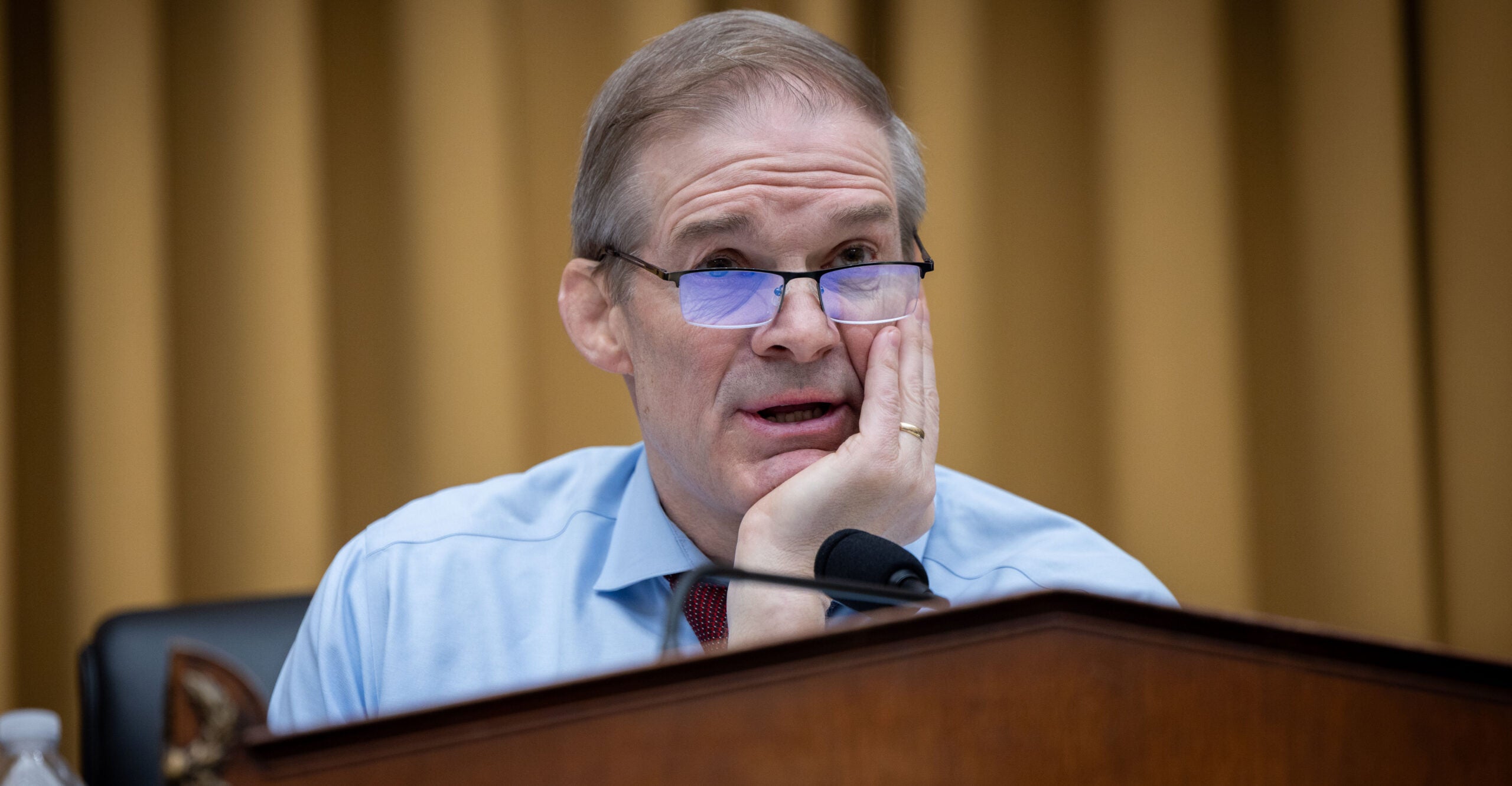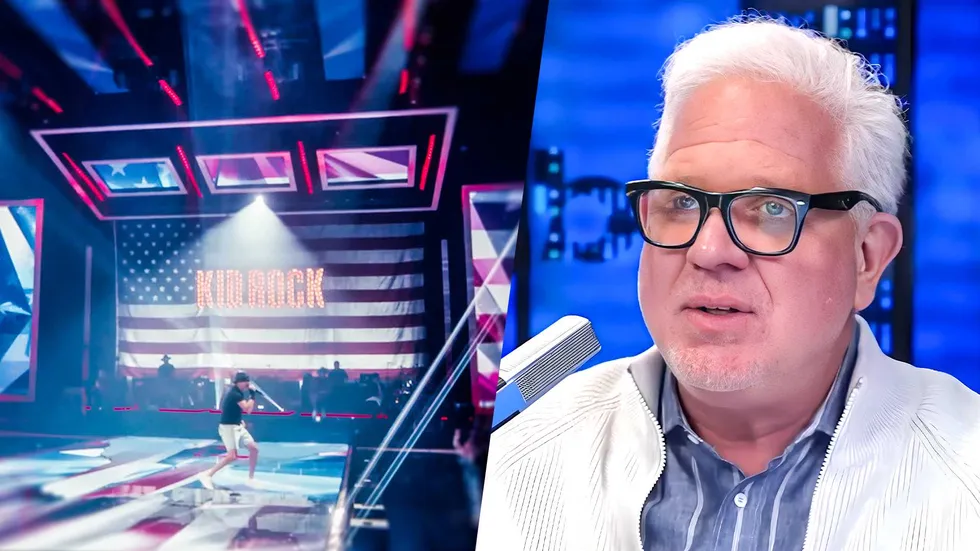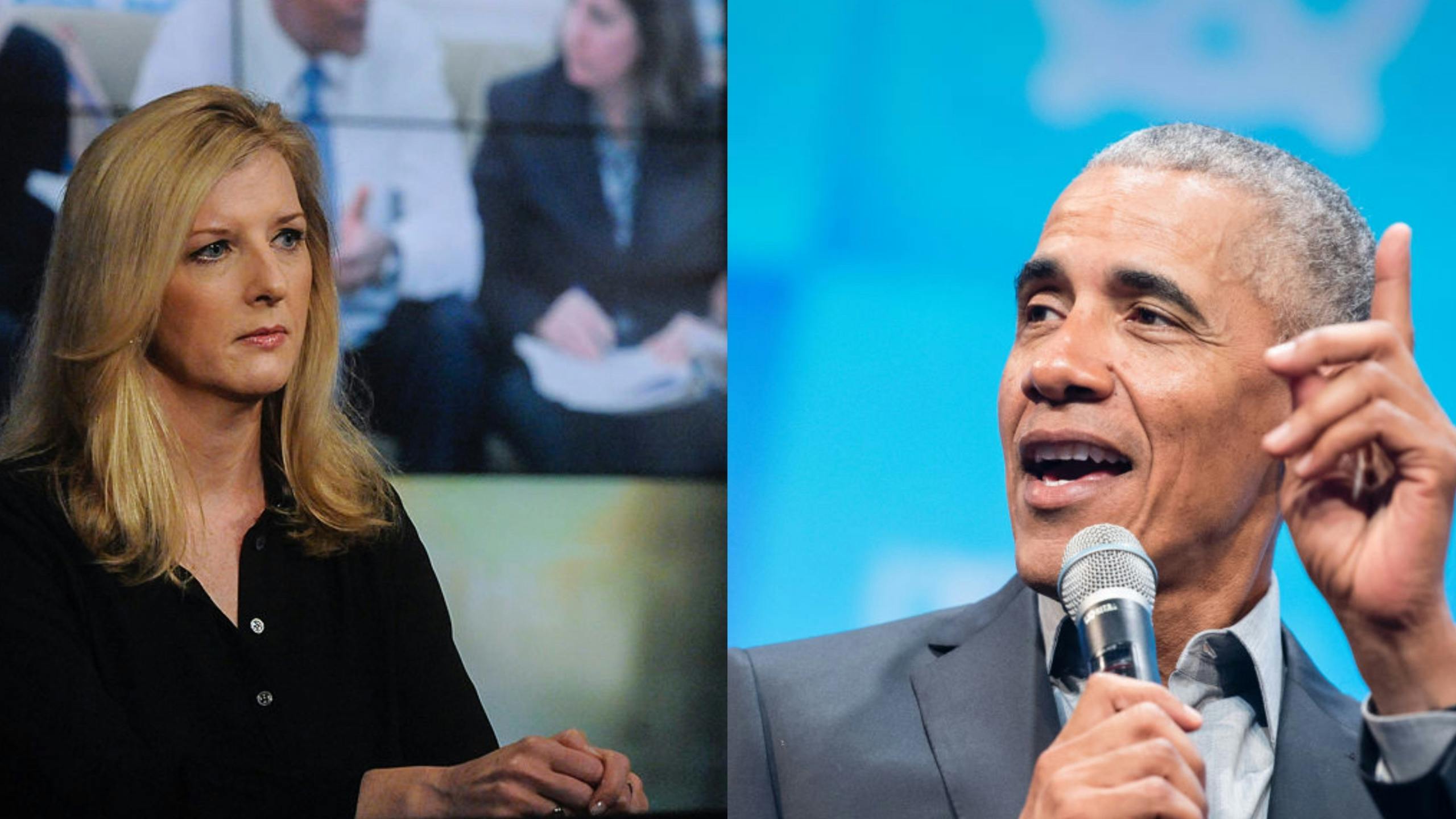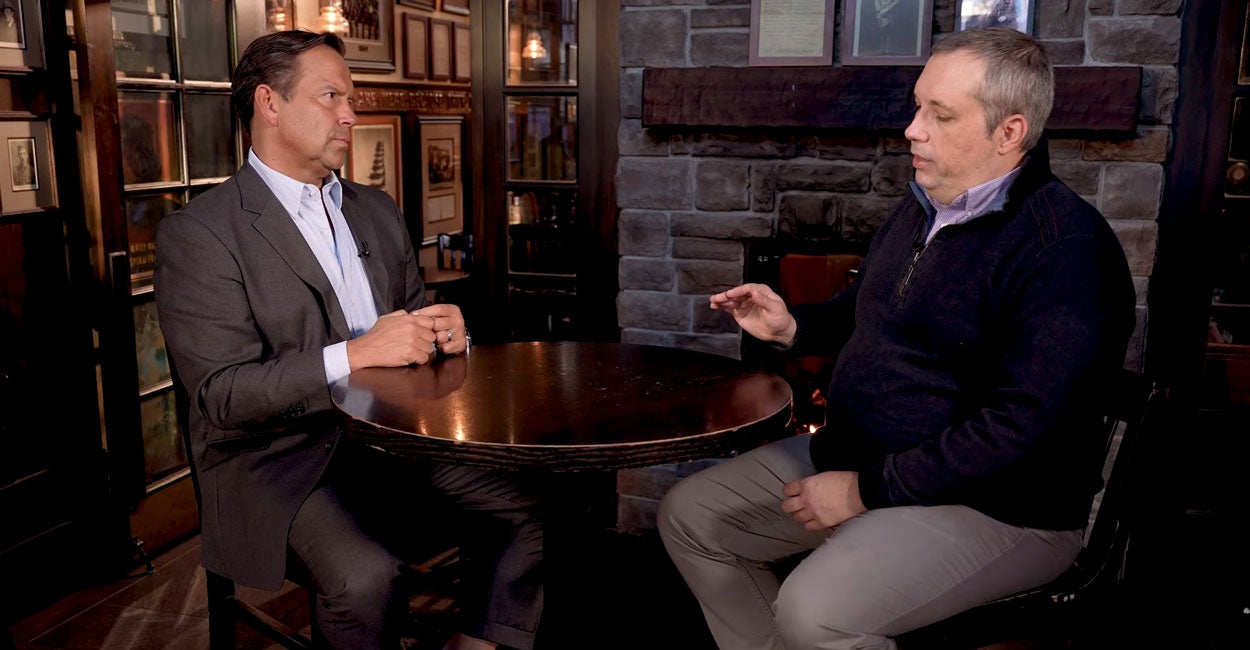New Poll: Voters Fear AI Will Make The American Dream Even Harder To Reach

Forty percent of American voters believe AI will make achieving the American Dream even harder to reach. That is more than double the 16% of voters who see AI as helpful. And this isn’t abstract technophobia. This is a window into the profound anxiety many feel about economic security in an era when the traditional pathways to prosperity already seem increasingly out of reach.
Live Your Best Retirement
Fun • Funds • Fitness • Freedom
A recent Rainey Center national poll of 2,011 likely voters reveals a pervasive pessimism about artificial intelligence (AI), along with deeper concerns about a rigged system.
When asked about the future, 39% of respondents said AI makes them more pessimistic, compared to 20% who said it makes them more optimistic.
Remarkably, this fear is bipartisan.
Democrats, Republicans, and Independents all worry that technological disruption will compound rather than solve the challenges facing American families.
Yet, there’s reason for hope. One in five Americans sees AI’s potential to improve their economic prospects, and nearly a quarter believe it will make no difference to achieving the American Dream. These voters recognize what policymakers must internalize: AI could dramatically increase productivity, create new industries, improve healthcare outcomes, and free workers from dangerous or repetitive tasks.
The technology itself, however, isn’t the enemy. The question is whether we’ll ensure its benefits are broadly shared rather than narrowly concentrated. History shows that technological revolutions can lift entire societies when paired with smart policy. The challenge is making that happen deliberately rather than hoping it occurs by accident.
This AI anxiety doesn’t exist in a vacuum. It sits atop a foundation of economic stress and fading opportunity, particularly for younger generations. While 77% of the Silent Generation and 51% of Baby Boomers feel their lives are or were better than their parents’, only 31% of Millennials and 35% of Gen Z share this optimism. When we asked directly whether the American Dream has become more or less attainable over the past decade, an overwhelming 64% said less attainable, with one-third calling it “much less attainable.”
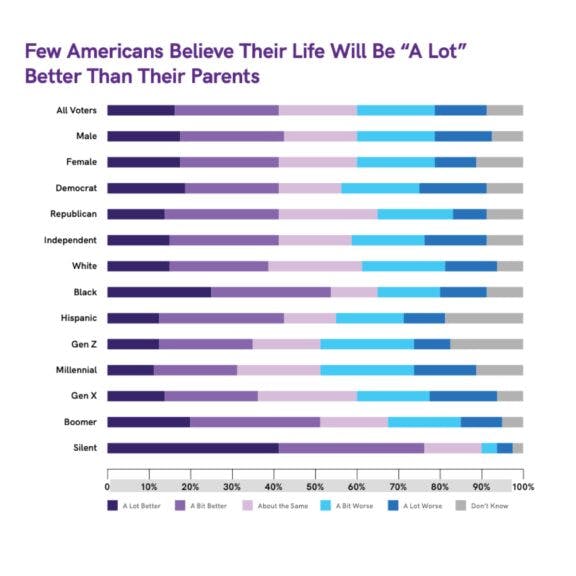
Credit: Joseph Rainey Center for Public Policy
The fear isn’t that AI will create a different future — voters fear that AI will accelerate trends already making life harder. Young Americans today face a housing market disconnected from wage growth, with 21% of Gen Z citing housing as a top national challenge compared to just 6% of Boomers. They’re burdened by education debt that earlier generations never faced. And now they’re being told that automation and AI may disrupt the very jobs they’re counting on to build their economic security.
The American Dream itself remains remarkably consistent: financial stability and homeownership top the list across all demographics. But the gap between aspiration and reality has never been wider. Only 22% of voters believe they’ve achieved the American Dream, while 36% feel it’s completely out of reach. Among Millennials, 40% believe the dream is unattainable for them.
This crisis of faith in American opportunity has political consequences. While voters give Republicans a slight edge over Democrats (39% to 33%) on supporting the American Dream, a striking 28% believe neither party is aligned with this goal. When nearly one in three Americans see no champion for their economic aspirations, we face a dangerous void in our politics.
The economy (34%) and inflation (29%) dominate voter concerns, bread-and-butter issues that AI anxiety amplifies rather than replaces. People aren’t worried about robot overlords; they’re worried about paying the mortgage, affording healthcare, and whether their children will have opportunities they did not.
Technology has always disrupted labor markets, but past disruptions occurred when basic economic mobility still functioned for most Americans. Today, AI arrives at a moment when millions already doubt that the system works for them. That timing matters enormously.
We need policies that will address both immediate economic pressures and longer-term technological change. Housing affordability, education access, and ensuring that economic growth translates into broadly shared prosperity aren’t separate from the AI question. They’re the foundation that determines whether technological change lifts us up or leaves us behind.
The American Dream isn’t dead, but it’s under siege from multiple directions. The question is whether we’ll recognize the urgency before another generation loses faith entirely.
* * *
Sarah E. Hunt is President of the Joseph Rainey Center for Public Policy, a think tank and leadership community based in Washington, D.C.
Amelia Powers Gardner is a Utah County Commissioner and National Chair of the Leadership Alliance for a More Perfect Union (LAMP), a national program cultivating the next generation of conservative leaders.
The views expressed in this piece are those of the author and do not necessarily represent those of The Daily Wire.
Get 40% off new DailyWire+ annual memberships with code FALL40 at checkout!
Originally Published at Daily Wire, Daily Signal, or The Blaze
What's Your Reaction?
 Like
0
Like
0
 Dislike
0
Dislike
0
 Love
0
Love
0
 Funny
0
Funny
0
 Angry
0
Angry
0
 Sad
0
Sad
0
 Wow
0
Wow
0

